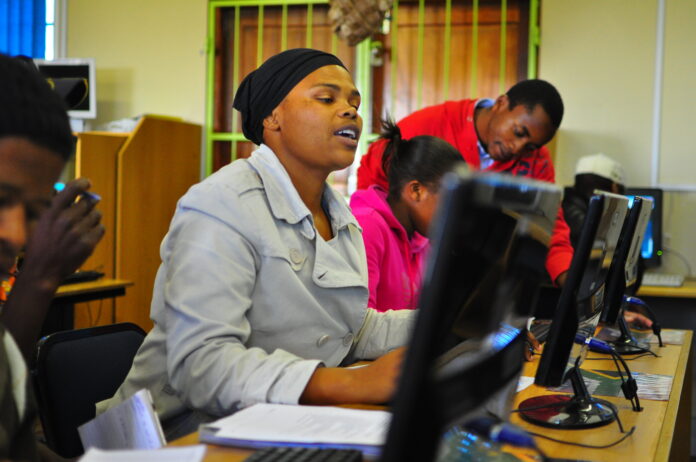It’s the computer age, and coupled with the internet, technology has paved the way for unseen global economic transformations and, more significantly, a better quality of life. Yet, as we celebrate International Literacy Day, the lag of digital literacy is rising among millions of people worldwide. The benefits of the technology era, thus, seem far-fetched for some.
What is digital literacy?
The American Library Association (ALA) defines digital literacy as “the ability to use information and communication technologies to find, evaluate, create, and communicate information, requiring both cognitive and technical skills.”
Using this definition as a guide, we are familiar with how digital literacy can literally change lives economically and socially, especially in developing countries, which have the least access to these resources and technologies.
A Necessary Skill
In fact, being digital literate is considered a necessary skill in today’s technology-driven era by UNESCO. With the widening digital divide globally, those without digital access are falling further behind, and trapped in a cycle.
Increasing digital literacy in development opens up doors for employment and education. More importantly, it provides an opportunity for social reform. Investing and supporting the younger generations’ digital development is especially critical, especially for girls who may face greater hurdles in accessing education and resources. The digital upskilling can bring women far – a direct impact in removing the societal and home barriers to digital skills for girls, and digital literate mothers can become a strong influence for their children, ultimately creating a ripple effect.
Jobs, income and trade opportunities for the developing world – how do we start? A solution is providing affordable and effective training programs. One such organization is CODE.
Providing opportunities
To impact most children, CODE works directly with teachers, building their skills and providing the resources they require to use those skills effectively. CODE strives to constantly improve the quality of our international programs so that we deliver maximum sustained impact on the literacy and learning outcomes of children and youth reached through our projects.
Together with our partners, we have helped more than 10 million children gain access to better quality inclusive education and benefit from reading and writing in order to improve their lives and the lives of their families.
CODE improves learning outcomes and educational opportunities for all girls and boys by working with like-minded organizations in three areas – Literacy Programs, Research Initiatives, and Literary Awards.
How you can support CODE
As little as $5 a month can help put books into the hands of a child in rural communities in Africa – sparking joy and learning.
CODE partners with professional associations to create meaningful links between Canadian teachers and their global counterparts.
Organize an event, donate your birthday, get your school or community group involved to support global literacy.











